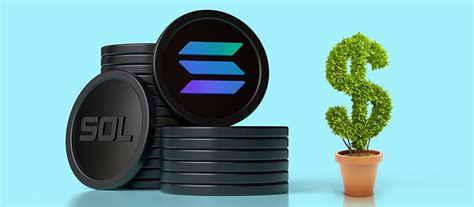Understand the historical data of Streamflow listeners in Solanai

By setting a listener to track the flow of flow flow Solana Blockchain, you often get historical data as part of a decoded event. In this article, we will break down what each field of Decodedata depicts on the object and will present insights as to why you can get historical data.
magical number (magic)
The first field of deciphering is a magical number that is a unique Solana Blockchain identifier. It depicts
version (version)
Another field is the Solana Blockchain version. It depicts
Creadat
The Creadata field is a time tag when the event has been thrown away. From the epoch, it depicts a lot of time tags. In your decoded data, this value looks “0x …”, which shows that it is a unix -style time mark. This allows you to follow when Blockchain has specific events.
Other fields (unstoped)
Decoded data is an object with several fields:
- “Flow stream”: There is a flow -related information
- “Events”: A set of events objects where each event has the following qualities:
+ Type: marks the type of event (eg onprogremeccount)
+ Name": indicates the name of the event
+ Args: List of the event's arguments
Although these fields provide valuable information about the events you observe, they may not be immediately related to your specific use. Historical data from the Streamflow listener usually includes time marks, events types and sometimes additional metadata.
Why is it worth getting historical data?
Historical data is likely to create a Solana -based service or program that creates and disseminates Streamflow events at regular intervals. By listening to these events using the OnprogramacCountchange listener, you can record and analyze the data in real time.
Some possible reasons for receiving historical data from your Onprogremeccount Listener are:
- Network monitoring or delay
- Analysis of Operations Models or Flow Data Analysis
- Observe specific types or frequencies of events
For a better understanding of which events are thrown and when, I recommend reviewing your onprogremeccountchange listeners' configuration and decoded data. You can also investigate additional Solana -based service documents to acquire a deeper understanding of their use and requirements.
Example of a code fragment
Here's an example of a code fragment showing how to create a listener who decipher historical traffic data from your onprogramaccountchange:
Javascript
Import {eventlistener} from ‘@solana/web3.js’;
import {streamfloweventdecodedata} from ‘./streamflow-event-dcoded-data’;
CONST listener = (context) => {
CONST DECODEDDATA = decoded (context.event);
If (Decodeddata.streamflow && decodedata.events.length> 0) {
Console.log (Streamflow event type: $ {decodeddata.events [0] .type});
Console.log (Streamflow event name: $ {decodeddata.events [0] .Name});
// Analyze events and print their time marks
decodeda.events.freach ((event) => {
CONST TIMESTAMP = event.createdat;
Console.log (event time tag: $ {TIMESTAME});
});
}
};
listener.listen (‘streamflow’, (context, decodedata) => {
If (decodeddata.streamflow) {
Console.log (Decodeddata.
